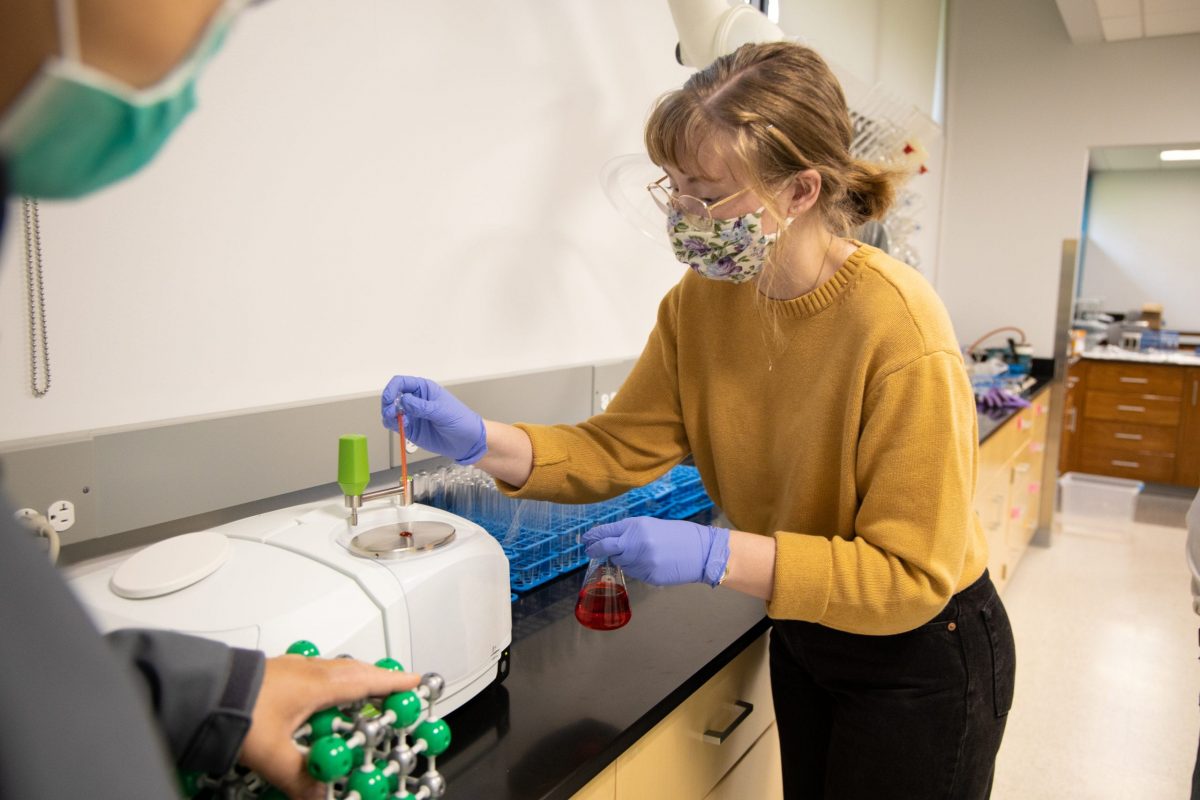Every day, individuals who study and apply science make life-altering discoveries. This has been true since the beginning with inventions such as fire, electricity, space travel, computers, and much more. The scientists who made these discoveries began by asking simple questions, and their curiosities led them to make radical improvements that have made the way for scientists to continue making discoveries today.
Take nanochemistry, for example. Nanochemistry is a seemingly simple discipline that can be applied across numerous fields such as geology, biology, engineering, and physics. The groundwork that has been made in nanochemistry has contributed to significant advances in electronics and modern medicine. But even the individuals who have made such technological advances had to start somewhere. So let’s start with the most basic question.
What is nanochemistry, exactly?







